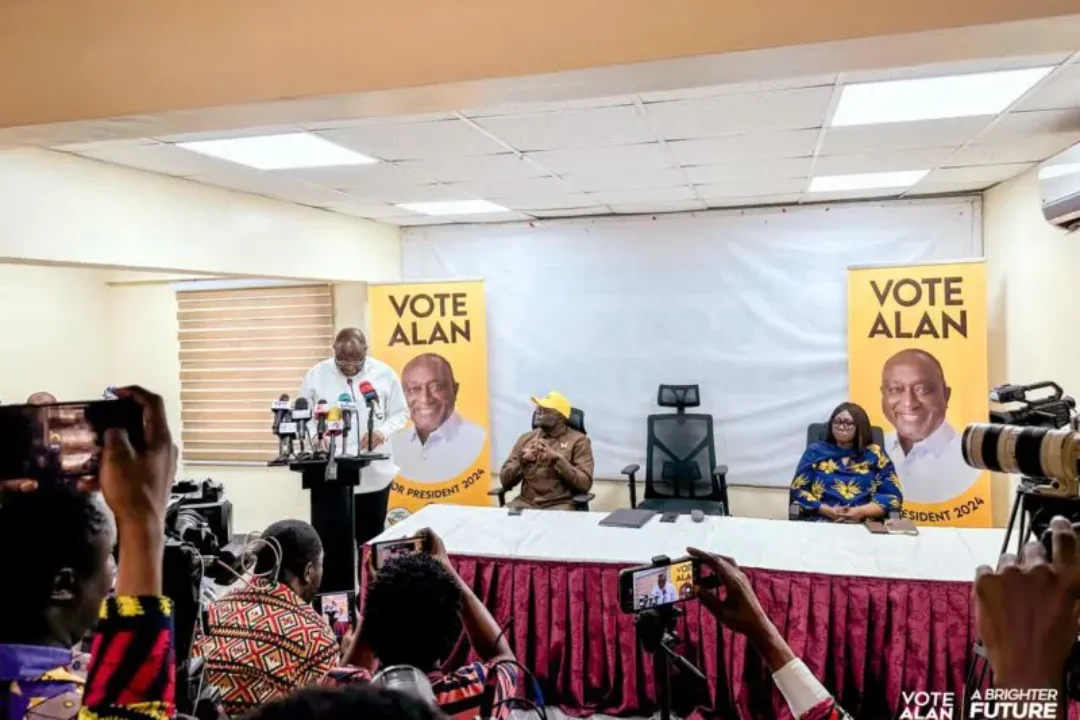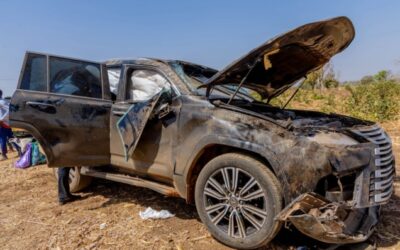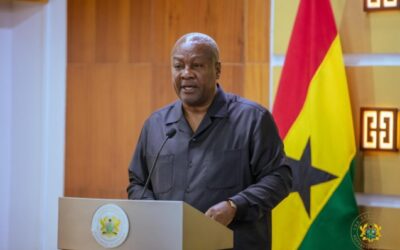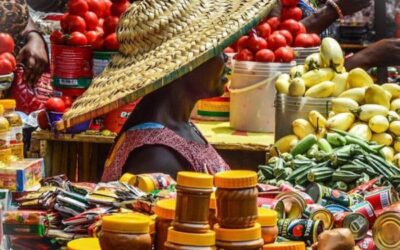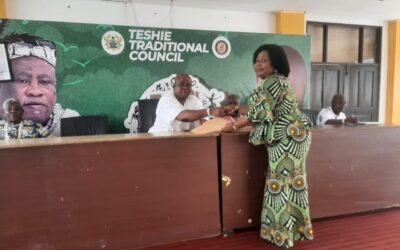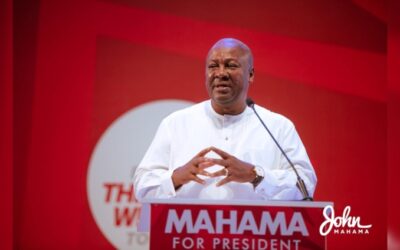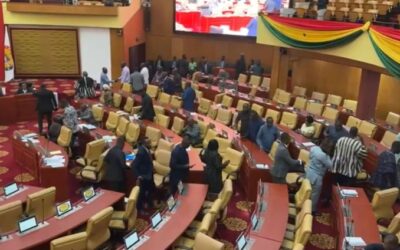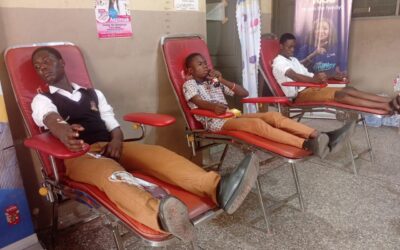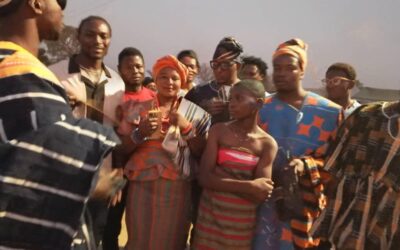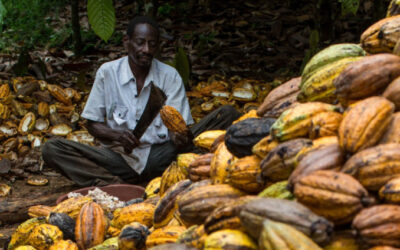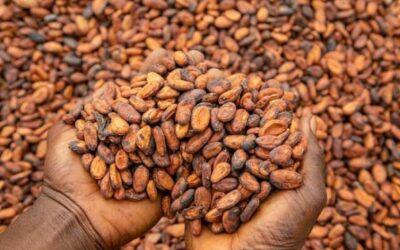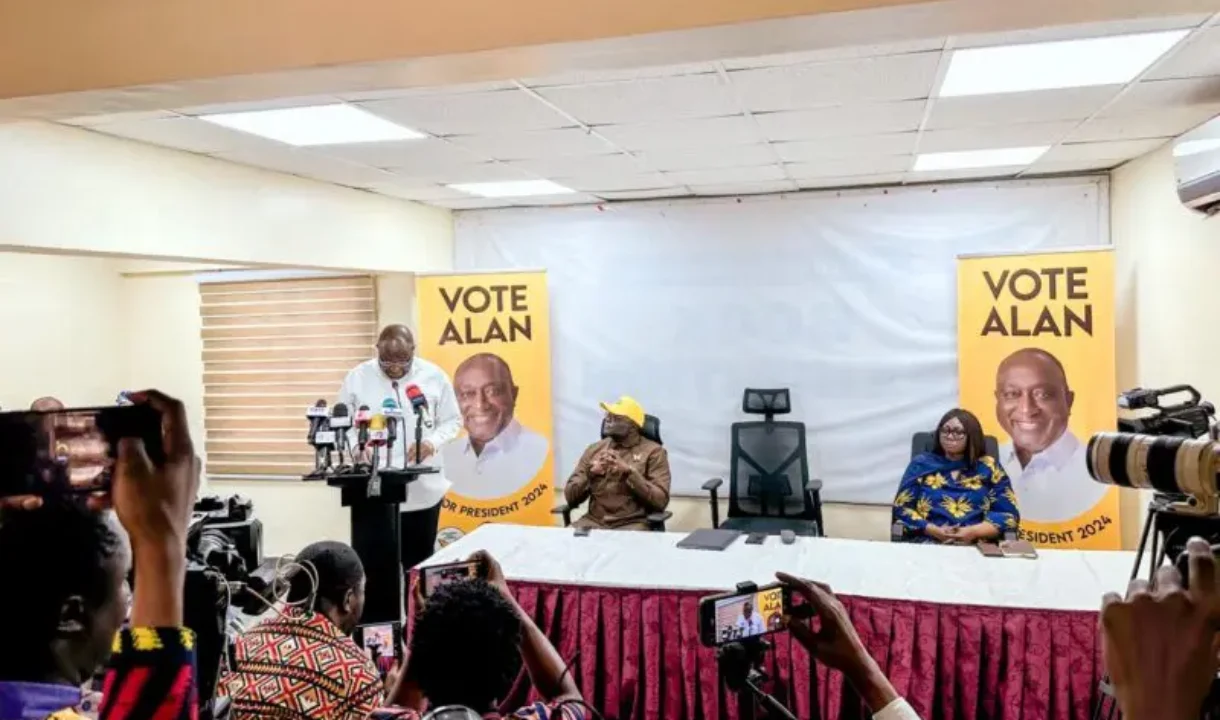At a landmark press conference at the Ghana International Press Centre, Alan Kyerematen, presidential candidate for the Afrafranto Alliance, together with his running mate, Kwame Owusu Danso (KOD) and other senior partners of Afrafranto Alliance, unveiled a comprehensive 10-point plan aimed at eradicating illegal mining (Galamsey) in Ghana.
This ambitious blueprint, which he presented on Sunday, 29th September 2024, signals a new approach to tackling one of the country’s most pressing environmental and socio-economic challenges.
Mr Kyerematen began his address by acknowledging the devastation that Galamsey has caused across Ghana, describing it as an “existential threat” to the nation. He painted a grim picture of the widespread destruction of water bodies, forest reserves, and farmlands, calling it the result of decades of poor governance and policy failure by both the NPP and NDC governments. “The two dominant political parties have demonstrated that they neither have the competence, desire, nor political will to address Galamsey,” Kyerematen stated.



The cornerstone of Alan Kyerematen’s plan is a one-year complete ban on all small-scale and community mining activities, both legal and illegal. This moratorium, he explained, would provide a necessary pause to assess and reset the country’s mining practices. The ban would be coupled with the demobilization of all mining machinery, which would be inventoried and stored by the military’s 48 Engineer’s Regiment.
Alan Kyerematen’s plan also calls for an aggressive restoration campaign. During the one-year ban, efforts will be made to restore Ghana’s degraded river bodies and farmlands. The Water Resources Commission, Environmental Protection Agency, and other relevant agencies will oversee this massive environmental clean-up effort.
The forestry sector will lead a plantation development initiative to rejuvenate damaged ecosystems, ensuring that the land is fully restored before any mining activities can resume.
Another bold move in Mr Kyerematen’s proposal is the cancellation of all small-scale mining licenses issued in the past 15 years. According to him, a comprehensive audit of these licenses is necessary to uncover corruption, illegal issuance, and non-compliance with mining regulations. “We must correct the errors of the past to build a sustainable future,” he remarked.
Mr Kyerematen’s vision for the future of mining in Ghana includes a shift to responsible mining practices. His plan introduces a new Youth in Responsible Mining Initiative, which will transform young people previously involved in Galamsey into legal, environmentally-conscious miners. These youth-owned companies will receive seed funding, mining equipment, concession and managerial and technical support from the government, allowing them to operate commercially viable, sustainable mining ventures on a work-and-pay basis.

The Afrafranto leader also proposed the establishment of Citizens Mining Protection Rights Groups in mining communities. These watchdogs would ensure that all mining activities are conducted responsibly, with local communities playing an active role in monitoring compliance with environmental standards and regulations. One of the most hard-hitting aspects of the 10-point plan is Mr Kyerematen’s proposed legislation that would impose life imprisonment for those found guilty of mining in river bodies or forest reserves. He stressed that the stakes are too high to allow leniency in such cases, insisting that only stringent measures will deter future illegal mining when a comprehensive legal pathway has been created for responsible legal mining.
Alan Kyerematen underscored that this short-term strategy is only part of a broader vision encapsulated in his Great Transformational Plan (GTP).
Over the medium to long term, his government would undertake a comprehensive review of all legislation governing natural resource management, streamline regulatory agencies, and enhance local content in mining operations. His ultimate goal is to transform Ghana into a mineral processing hub for West Africa.
With these sweeping reforms, Alan Kyerematen is confident that Ghana can overcome the Galamsey crisis and restore its natural environment. “We have the resources, the will, and the plan to make Ghana great again,” he said.
In conclusion, Alan Kyerematen called on all Ghanaians to rally behind his vision, pledging that his government will leave no stone unturned in eradicating Galamsey once and for all. “Together, we will end this menace and build a sustainable future for our children,” he vowed.Source: James Kumi-Korsah/Freelancer


